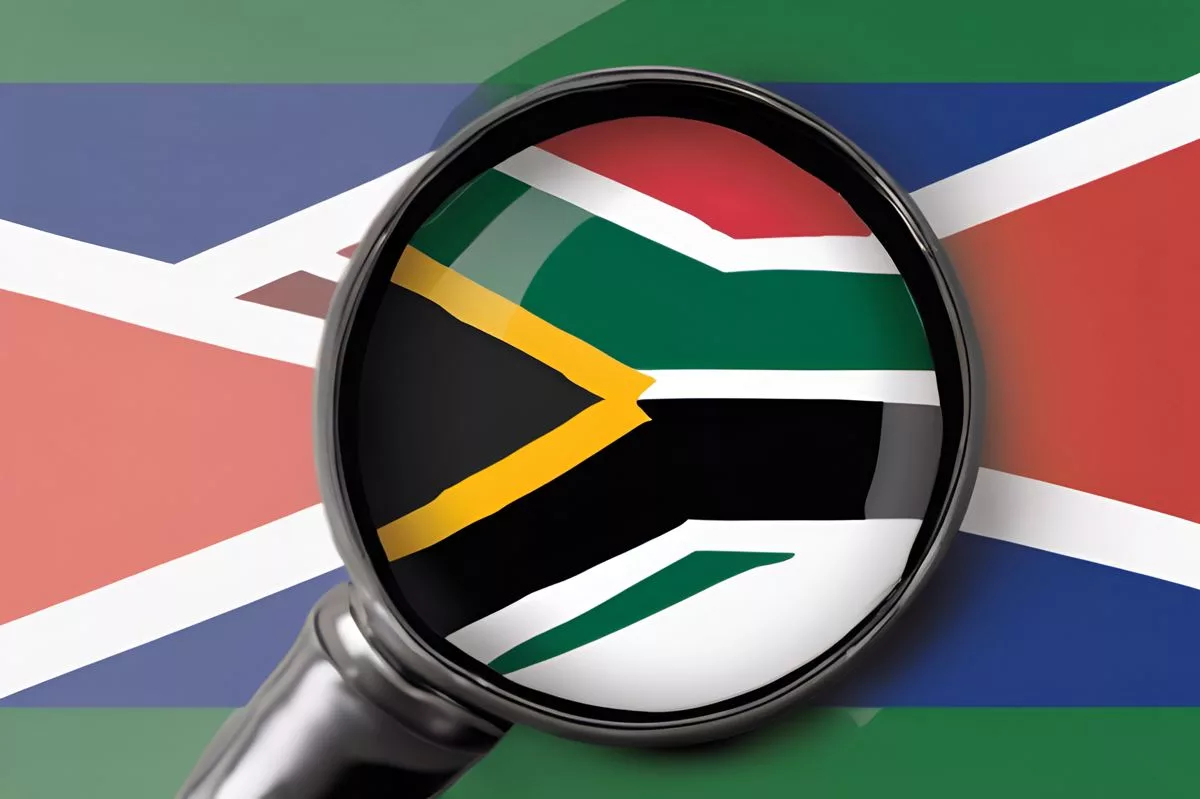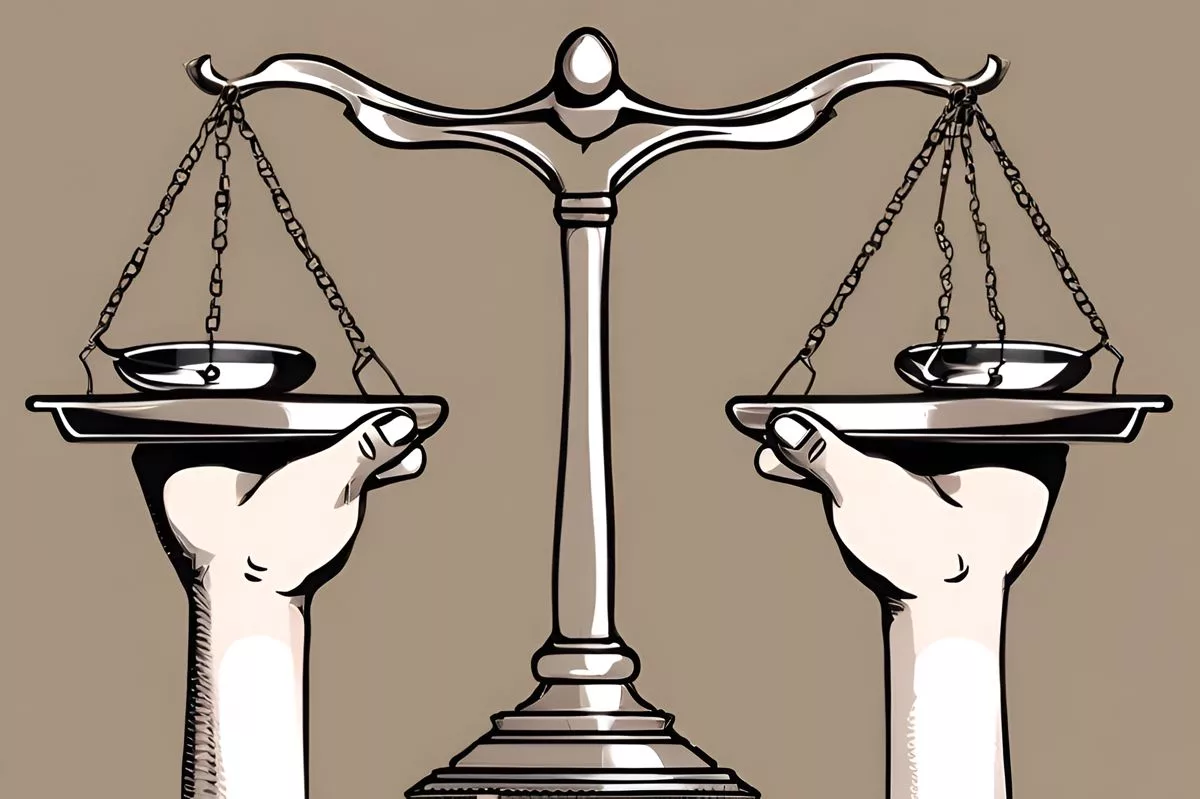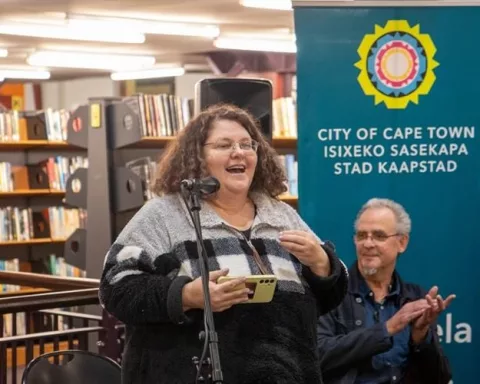On March 6, 2024, South Africa’s Standing Committee on Public Accounts (SCOPA) and the Special Investigating Unit (SIU) signed a Memorandum of Understanding (MoU) to strengthen their partnership and commitment to financial integrity and accountability within public administration. The MoU aimed to dissuade financial malpractices and reassure the public about the government’s commitment to eliminating financial mismanagement within its ranks. Parliament also invited the public to engage in the democratic process and visit, attend debates, and arrange a tour.
A Memorandum of Understanding (MoU) was signed between the Standing Committee on Public Accounts (SCOPA) and the Special Investigating Unit (SIU) on March 6, 2024, in a bid to strengthen their partnership and commitment to financial integrity and accountability within public administration in South Africa. This MoU could potentially dissuade financial malpractices and reassure the public about the government’s commitment to eliminating financial mismanagement within its ranks. Parliament also invited the public to engage in the democratic process and visit, attend debates, and arrange a tour.
Early in the morning on March 5, 2024, an important development unfolded in the heart of South African politics. The Standing Committee on Public Accounts (SCOPA) and the Special Investigating Unit (SIU) embarked on an initiative that would reaffirm their commitment to a more transparent and accountable government. A Memorandum of Understanding (MoU), the embodiment of this commitment, was all set to be signed the next day during a media briefing at Parliament.
Strengthening Ties, Upholding Integrity
This MoU’s objective was straightforward at first glance. It sought to fortify the partnership between SCOPA and the SIU, both of which play crucial roles in examining and reporting issues related to wasteful and unjust spending of public funds. However, this MoU was more than a simple agreement, it marked a significant stride in the incessant quest for financial integrity and accountability within public administration.
The MoU transcended beyond an agreement, it also symbolized the ongoing struggle to safeguard the rights of South African citizens. The Bill of Rights, an integral part of the South African constitution, ensures freedom of expression, given that it’s not misused for advocating violence or hatred. This freedom also includes the right to access information about government actions, specifically in terms of public funds.
The Signing Ceremony: A Step Towards Transparency
The ceremony was slated for Wednesday, March 6, 2024, at 10:00, in Committee Room M46, situated on the Ground Floor of the Marks Building, Parliament. The announcement came jointly from the Parliament of the Republic of South Africa and the Special Investigating Unit, underscoring their mutual dedication to this endeavor.
This MoU held particular significance for SCOPA, as they trusted that the SIU would maintain focus on the matters referred to them even after the dissolution of the Sixth Parliament. This conviction was based on the SIU’s promise to highlight these matters for review in its handover report to SCOPA in the 7th Parliament.
Impact and Implications of the MoU
The impact of this MoU could be manifold. It could potentially dissuade those contemplating financial malpractices, knowing that their activities would be rigorously scrutinized by both SCOPA and the SIU. More importantly, it could reassure the public about the government’s commitment to eliminating financial mismanagement within its ranks.
The announcement of the MoU signing was more than a mere media invitation. It also served as an appeal to citizens to stay informed and actively engage in the democratic process. This sentiment was reinforced by the contact details provided for media enquiries, a clear sign of Parliament’s openness and readiness to address any questions or concerns.
Ms Faith Ndenze, the contact person for parliamentary communication services, could be reached at 081 377 0686 or fndenze@parliament.gov.za. The Special Investigating Unit’s spokesperson, Kaizer Kganyago, could be contacted at 082 306 8888 or KKganyago@siu.org.za.
Inviting Public Engagement
Parliament also invited the public to visit, attend debates, and even arrange a tour. Among the distinguished parliamentarians, Mr Mpho Parks Franklyn Tau, a member of the African National Congress on the provincial list for Gauteng, stood out prominently.
In a broader sense, the MoU signing was not merely an administrative event. It was a reiteration of the government’s commitment to financial transparency and a clear message to the public that their right to information and their participation in the democratic process were highly valued. Furthermore, it served as a testament to the relentless efforts and dedication of those serving in the chambers of governance, such as Mr Tau, who strive tirelessly for a more accountable, more democratic South Africa.
1. What is the Memorandum of Understanding (MoU) that was signed by the Standing Committee on Public Accounts (SCOPA) and the Special Investigating Unit (SIU) in South Africa?
The MoU was signed to strengthen the partnership and commitment to financial integrity and accountability within public administration, aiming to dissuade financial malpractices and reassure the public about the government’s commitment to eliminating financial mismanagement within its ranks.
2. What is the significance of the MoU?
The MoU is a significant stride in the quest for financial integrity and accountability within public administration, symbolizing the ongoing struggle to safeguard the rights of South African citizens.
3. When was the signing ceremony held?
The signing ceremony was held on March 6, 2024, at 10:00 in Committee Room M46, situated on the Ground Floor of the Marks Building, Parliament.
4. What could be the impact and implications of the MoU?
The MoU could potentially dissuade financial malpractices, reassure the public about the government’s commitment to eliminating financial mismanagement, and encourage citizens to stay informed and actively engage in the democratic process.
5. Who can be contacted for media enquiries regarding the MoU?
Faith Ndenze, the contact person for parliamentary communication services, could be reached at 081 377 0686 or fndenze@parliament.gov.za, while the Special Investigating Unit’s spokesperson, Kaizer Kganyago, could be contacted at 082 306 8888 or KKganyago@siu.org.za.
6. What other invitations did Parliament extend to the public in relation to the MoU?
Parliament invited the public to visit, attend debates, and even arrange a tour, emphasizing the value of the public’s participation in the democratic process.








